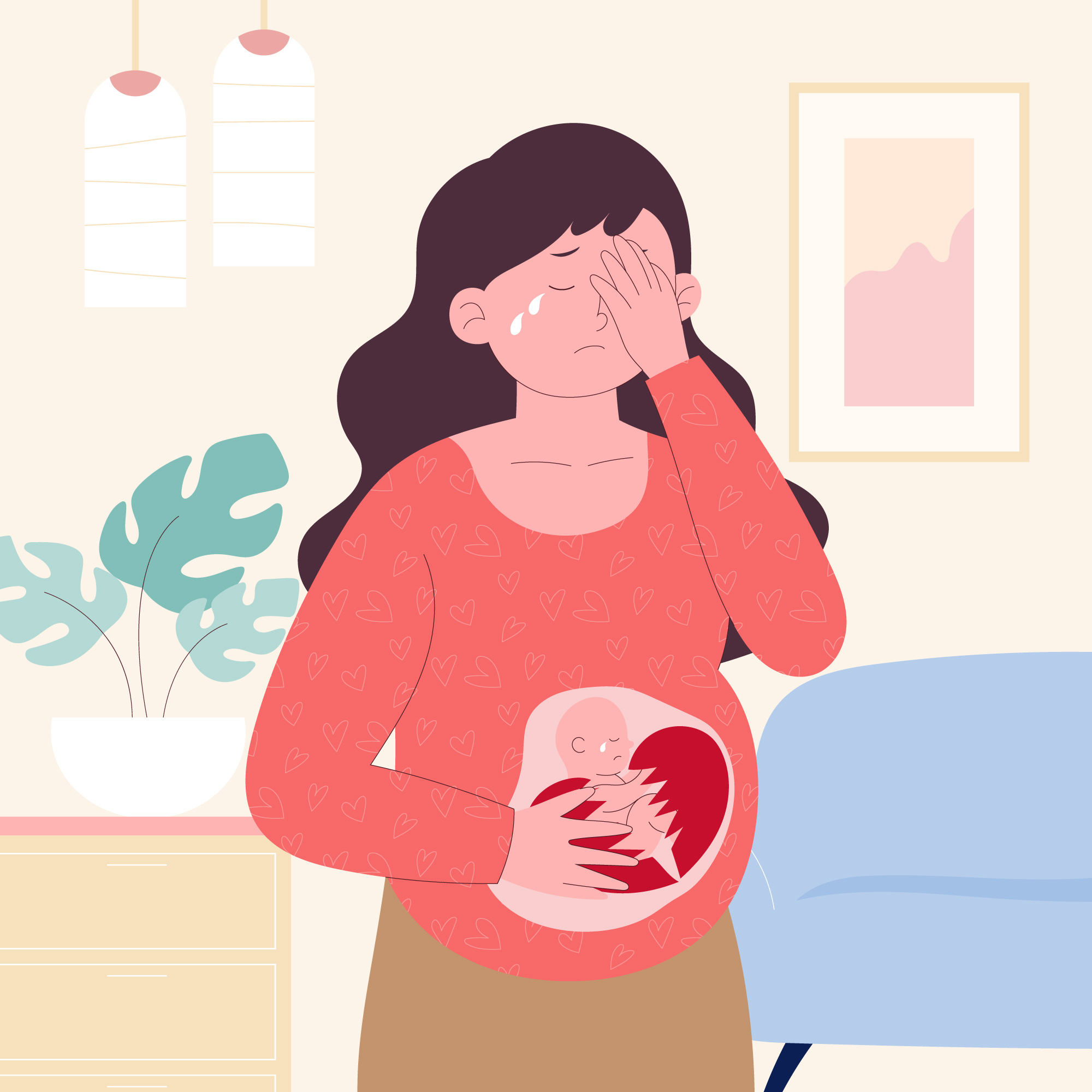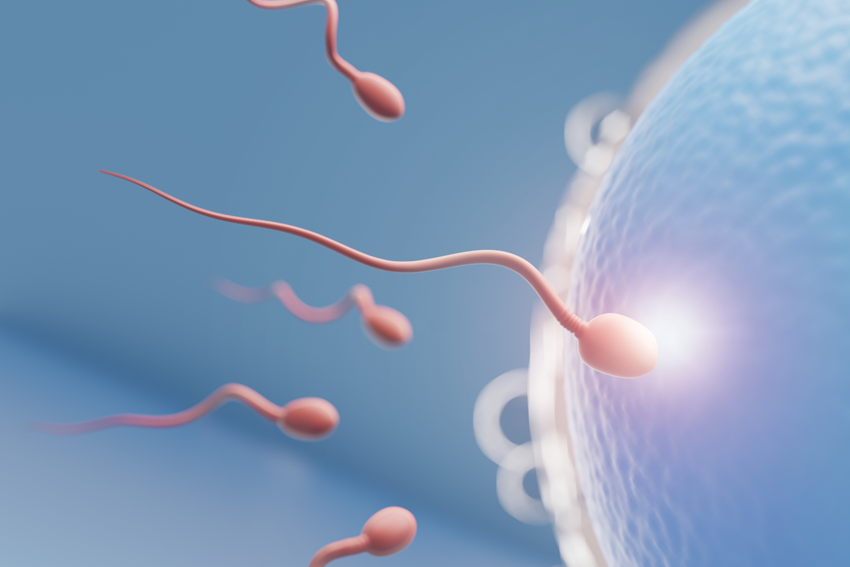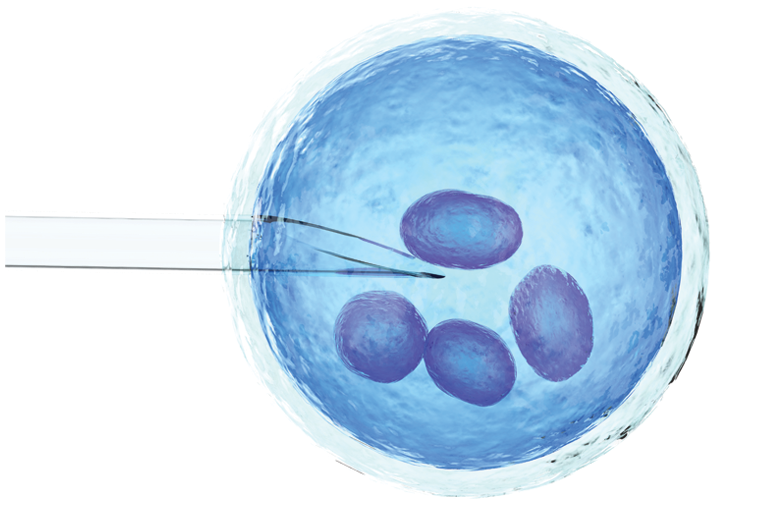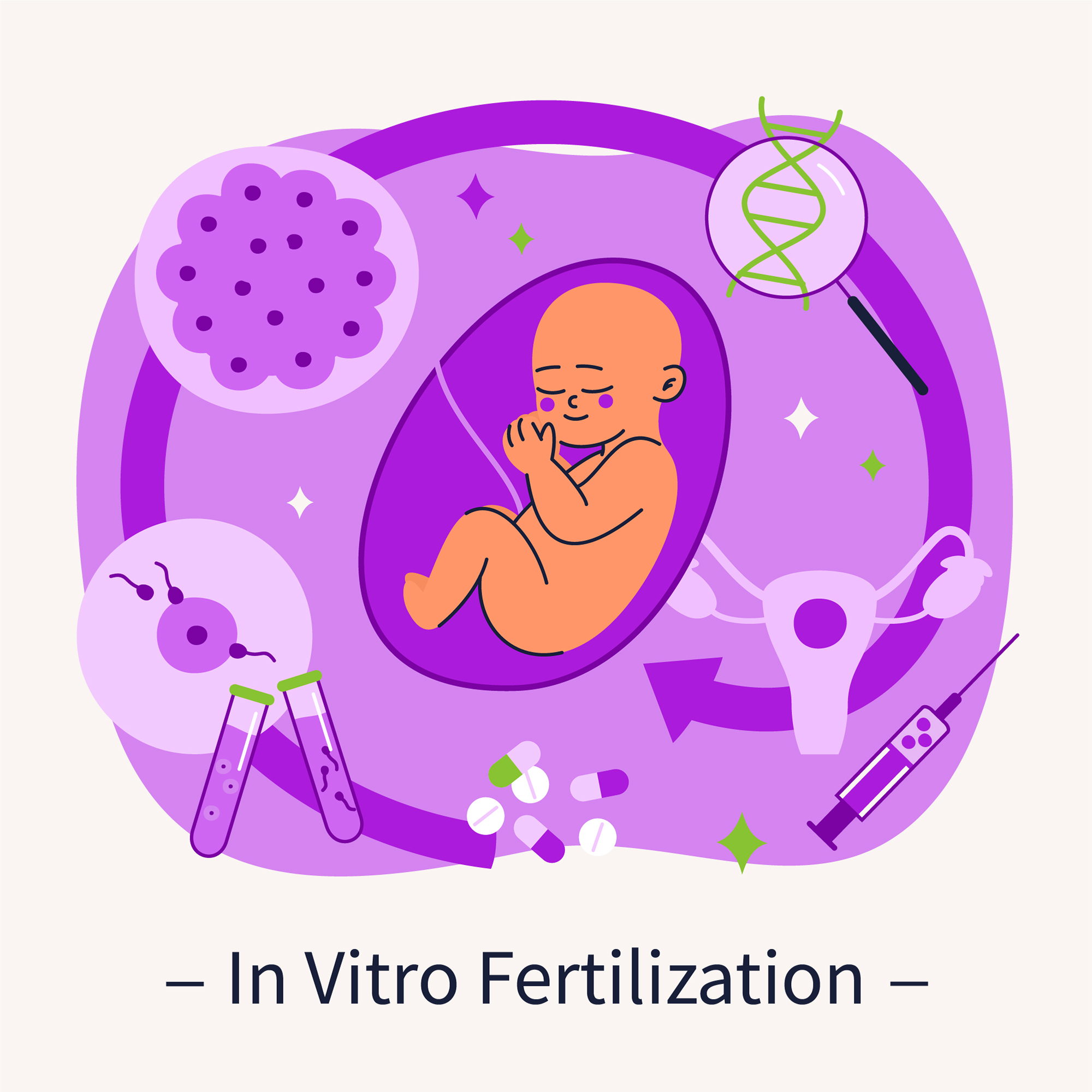Ectopic Pregnancy: Causes, Symptoms, Risks, and Fertility After Treatment
An ectopic pregnancy occurs when a fertilized egg implants outside the uterus instead of inside the uterine cavity. Most commonly, this happens in the fallopian tube, which is why it is also known as a tubal pregnancy. Unfortunately, an ectopic pregnancy cannot continue like a normal pregnancy, and early diagnosis is life-saving.
According to Dr. Durga Vytla, Fertility Specialist in Hyderabad, awareness and timely medical care play a crucial role in preventing serious complications and protecting future fertility.
Causes of Ectopic Pregnancy
Several factors can increase the risk of ectopic pregnancy. Common ectopic pregnancy causes include:
- Previous pelvic infections or untreated sexually transmitted infections
- Damage or scarring of the fallopian tubes
- Endometriosis
- Prior tubal surgeries or pelvic surgeries
- History of infertility or fertility treatments
These conditions can interfere with the normal movement of the fertilized egg into the uterus, leading to abnormal implantation.
Symptoms You Should Never Ignore
Early ectopic pregnancy symptoms can be subtle and are often mistaken for normal early pregnancy discomfort. Warning signs include:
- Lower abdominal or pelvic pain (often on one side)
- Vaginal spotting or bleeding
- Shoulder pain
- Dizziness or fainting
Dr. Durga Vytla, an experienced IVF Expert and Best IVF Doctor, emphasizes that pain or spotting in early pregnancy should never be ignored, especially in women with known risk factors.
Risks and Complications
If left untreated, an ectopic pregnancy can become life-threatening. Serious pregnancy complications may include:
- Rupture of the fallopian tube
- Severe internal bleeding
- Emergency surgery
- Impact on future fertility
Early detection helps prevent these risks and allows for safer treatment options, including medical or surgical management depending on the condition.
Importance of Early Pregnancy Scan
One of the most effective preventive steps is getting an early pregnancy scan soon after a missed period. Early ultrasound and blood tests help confirm the location of the pregnancy and ensure it is developing safely inside the uterus.
Dr. Durga Vytla recommends timely checkups, treating pelvic infections promptly, and consulting a fertility specialist immediately if there is pain or spotting during early pregnancy.
Fertility After Ectopic Pregnancy
A previous ectopic pregnancy does not mean you cannot conceive again. With expert care, many women go on to have healthy and successful pregnancies. Options such as natural conception, close monitoring, or assisted reproductive techniques like IVF can help achieve a safe pregnancy.
Spread Awareness, Save Lives
Understanding ectopic pregnancy can help save lives and protect fertility. Watch the full video, stay informed, and share this information to spread awareness.









